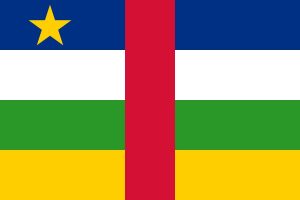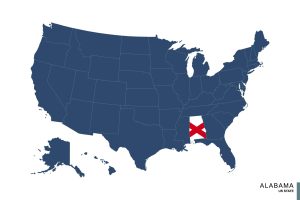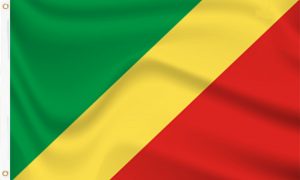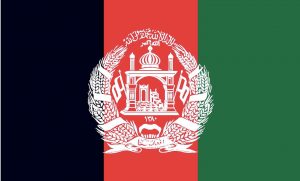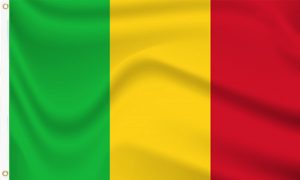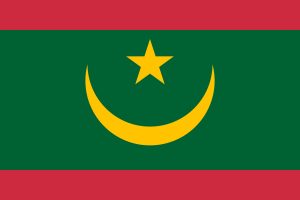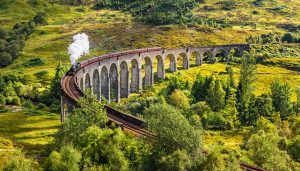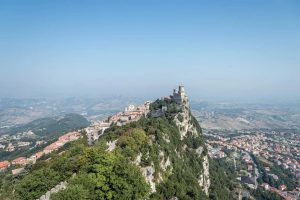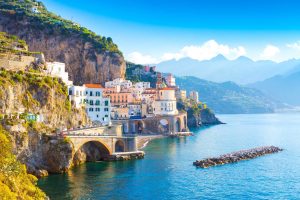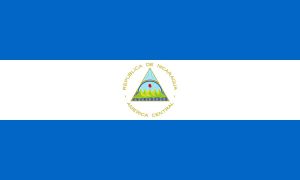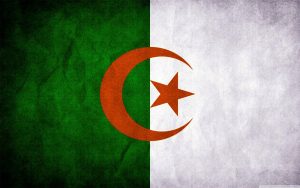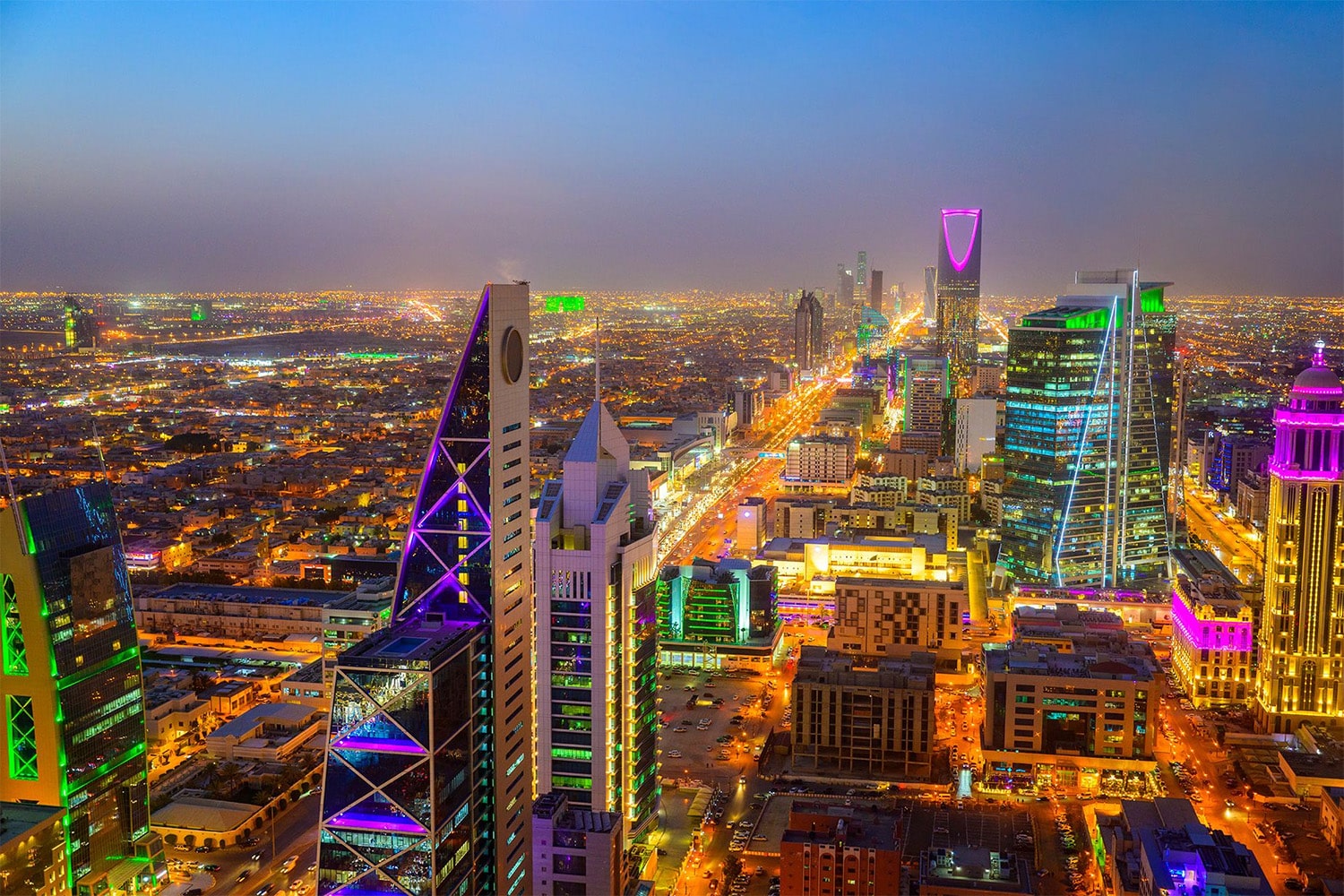
32 interesting facts about Saudi Arabia
- 👁️ 2263
Saudi Arabia, a country renowned for its vast deserts, is the heartland of Islam, home to the religion’s two holiest cities, Mecca and Medina. This kingdom’s vast oil reserves have made it one of the wealthiest and most influential countries in the Middle East. Saudi Arabia’s rich history, strategic geopolitical position, and its rapid modernization efforts make it a country of great interest on the global stage. Beyond its oil wealth, the nation is making strides in diversifying its economy and opening up to tourism, showcasing its unique heritage and natural beauty. Here are 32 interesting and informative facts about Saudi Arabia that offer a glimpse into its culture, history, and contemporary life.
- Saudi Arabia is the largest country in the Middle East and the 13th largest in the world.
- It is the only country with both a Red Sea coast and a Persian Gulf coast.
- Approximately 95% of Saudi Arabia is desert or semi-desert.
- The Kingdom was founded by Abdulaziz Al Saud in 1932.
- Saudi Arabia has no rivers, making it the largest country in the world without a natural freshwater source.
- Islam’s two holiest sites, Mecca and Medina, are located in Saudi Arabia.
- Every year, millions of Muslims perform the Hajj pilgrimage to Mecca, a requirement for all able-bodied Muslims at least once in their lifetime.
- The Kingdom sits on approximately 16% of the world’s proven petroleum reserves.
- The Arabian oryx, a species of antelope, is native to the Arabian Peninsula and is the national animal of Saudi Arabia.
- Saudi Arabia was the last country in the world to allow women to drive, lifting the ban in June 2018.
- Arabic is the official language of Saudi Arabia.
- The Saudi economy is heavily dependent on oil; it’s the world’s largest oil exporter.
- Saudi Arabia has no formal written constitution.
- The Kingdom is governed by Islamic law, known as Sharia.
- Saudi Arabia is building a futuristic city called Neom, planned to be 100% powered by renewable energy sources.
- The country’s flag features the Shahada or Islamic declaration of faith, and a sword.
- Saudi Arabia is home to the world’s largest continuous sand desert, the Rub’ al Khali, or Empty Quarter.
- The Kingdom has recently opened up for tourism, issuing tourist visas to non-religious visitors for the first time in 2019.
- Saudi Arabia operates under an absolute monarchy.
- The Kingdom has a young population, with over half under 25 years old.
- Falafel, hummus, and dates are staple foods in the Saudi diet.
- The Kingdom is implementing a massive economic reform plan known as Vision 2030 to diversify its economy away from oil.
- Jeddah Tower, under construction in Jeddah, is planned to be the world’s first 1 kilometer-high building.
- The King Fahd International Stadium in Riyadh is known for its tent-like structure, one of the largest sports stadiums in the world.
- Saudi Arabia is home to Madain Saleh, an archaeological site with well-preserved ruins from the Nabatean kingdom, similar to Petra in Jordan.
- The Kingdom has no political parties or national elections.
- Al-Ula, an ancient city in Saudi Arabia, contains historical sites dating back thousands of years.
- The King Fahd Causeway connects Saudi Arabia with Bahrain, one of the longest bridges in the world.
- Saudi Arabia has been a member of the United Nations since 1945.
- The country’s legal system is based on Islamic law, which includes punishment by flogging and amputation for certain crimes.
- The national currency is the Saudi Riyal (SAR).
- Saudi Arabia’s national day is celebrated on September 23, commemorating the country’s unification.
Saudi Arabia is a land of contrasts, balancing rich traditions with aspirations towards modernization and diversification of its economy. From its historical significance as the birthplace of Islam to its ambitious visions for the future, the Kingdom is a dynamic country with much to offer. As Saudi Arabia continues to evolve, it remains a key player on the international stage, rich in culture, history, and resources. Its recent steps towards opening up to the world signal a new chapter in the nation’s history, promising a blend of tradition and innovation.
